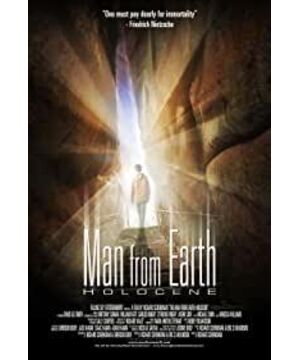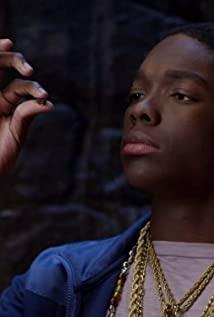Donated 5 knives to cherish the memory of myself when I watched the first movie.
The first movie I watched when I was 12 years old, when I was down and out, watched this movie for the purpose of learning logical reasoning.
Proof and falsification, this pair of concepts is really complicated. Now my understanding is:
We can never prove a thing absolutely, only to a certain extent, so that it conforms to human common sense, is acceptable to people, and retains the possibility of falsification.
Evidence, no matter what kind of evidence it is, has limited probative power, because even if it is seen, it may not be true, so in the end, you can only resort to "believing".
To falsify this thing, the proving power (falsifiability) is much stronger. As long as a flaw is found (violating common sense), everything will be overturned.
This is because the conditions required to prove that something is "equal to" or "is" something is too onerous - it requires complete agreement on any level. Correspondingly, to prove that it is "not equal to" or "not" something, the conditions required are extremely loose - just point out any "difference". Therefore, the probative power (falsifiability) of negative evidence is much stronger than that of positive evidence.
But this does not mean that falsification is easier, because although the evidence to the contrary is very strong, it is extremely difficult to find this evidence. For things that are beyond experience, it is impossible to find negative evidence from experience; for things that are in line with experience, looking for a negative evidence is likely to be looking for a needle in a haystack.
The sharp point of this film (mainly the first one) is that the protagonist, as a mortal, tells a story and first presents various kinds of evidence, although not particularly "direct" evidence, but already "argument" "I am Jesus. Then, as a mortal, I am willing to accept all kinds of questions (falsification) from experience. This is basically using a scientific method to establish a theory (the protagonist is Jesus), and temporarily withstand the test.
As for the second part, the director asked the religious student to stab the protagonist, in fact, for the purpose of "verification". The protagonist automatically recovers after being hit by a knife, although it cannot prove that he is Jesus, it just "strengthens" the possibility; but if he is hit with a knife and becomes a zombie, then a bone, and finally gray, then basically it can be proved that he is Not Jesus.
But if the protagonist says he used to be Jesus, but suddenly recently lost his superpowers and becomes exactly like an ordinary person, then the evidence to the contrary is almost impossible to find. Of course, since his story is "unfalsifiable", no one is interested.
Due to the aging of the actors in the second film, the setting of "the protagonist's superpower is weakening due to various unknown reasons" has to be added, which makes people feel a little "evading inspection", so it feels Not very happy.
View more about The Man from Earth: Holocene reviews











